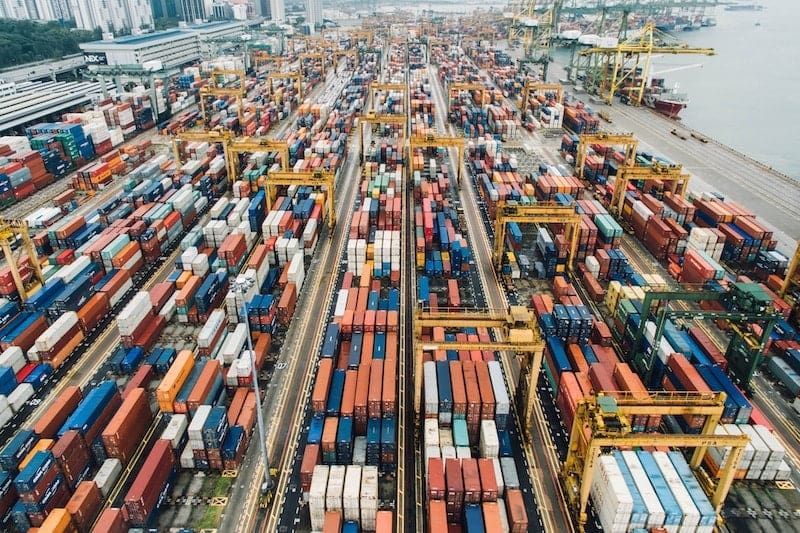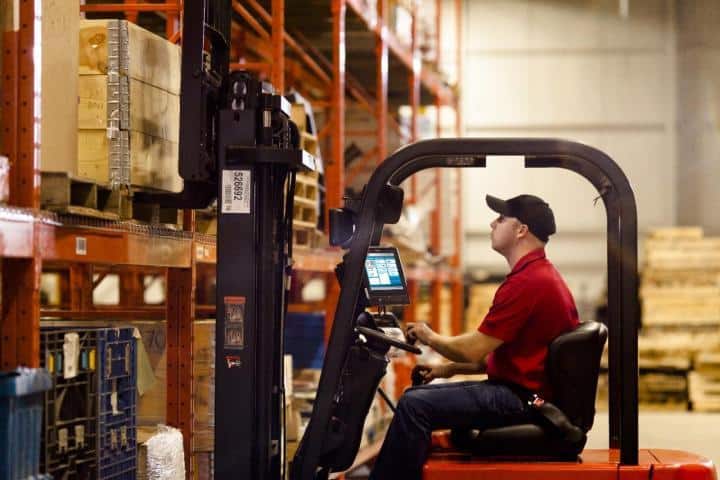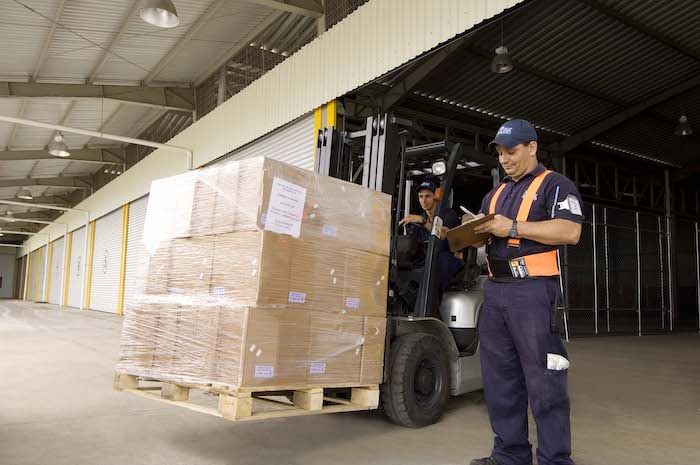What Is Freight Forwarding?

There are many steps involved in the process of importing or exporting something internationally. One of those steps is getting your items through customs, another to get it loaded onto the ship or plane, and then finally received at your destination. You can’t do all of this on your own so many businesses and individuals hire freight forwarders to help with this.
But, what is freight forwarding, why do you need it, and what happens if you don’t have it? Will your items get shipped to the wrong destination or will they get lost completely?
Freight Forwarder Definition
A freight forwarder is a company that specializes in arranging the shipment of cargo on behalf of the shipper. They provide a range of services including:
- Ocean or air transportation
- Land transportation
- Documentation
- Warehousing
- Insurance and customs compliance
Now, keep in mind that they’re not the ones “doing” these jobs, they’re the ones coordinating it. In the case of an international freight forwarder, they would be responsible for seeing that your items are accepted onto the ship, plane, or truck and everything is legal and in compliance with customs.

What Does a Freight Forwarder Do?
Let’s expand on this a little bit more to help you really understand why you would hire someone to do this. There are many hidden steps that a lot of people don’t think about when shipping goods internationally. This doesn’t only apply to people shipping entire containers full of materials, it can apply to someone who is simply moving their household belongings overseas. You’ll need to pass through customs and the items will need to be loaded onto whatever vessel is going to get it there.
Freight forwarders handle these steps. They essentially represent you and your goods to ensure that everything runs smoothly. These companies also have strong relationships and connections in the supply chain and shipping industry. They use these connections to negotiate prices and find the most effective way to get your goods from point A to point B. The end goal is for the freight forwarder to find a middle ground between speed and cost.
Generally, an ocean freight forwarder will work on shipping goods by sea. This is more affordable but much slower than shipping them by air. Air freight forwarders focus on getting your goods onto a plane, ensuring everything is compliant, and managing costs.

Difference Between Freight Forwarders and Freight Brokers
As someone responsible for the shipment of goods, you need to understand the difference between a freight forwarder and a freight broker.
Freight Brokers are the middle ground between carriers and shippers. They’re not actually involved in the freight itself so they don’t take any responsibility if something is lost or damaged. They’re registered with the Federal Motor Carrier Safety Administration and carry their own insurance to protect themselves.
Freight Forwarders on the other hand store your goods, they arrange for transportation, and they provide a direct line of communication for you. While the services are nearly the same, independent shippers will almost always work with freight forwarders because they take responsibility for your goods, while Freight Brokers are there to handle the logistics side of it.
Understanding The International Freight Forwarder
When you’re trying to ship something from one country to another, there are a lot of regulations and laws to follow. There is no way that you can stay up-to-date on everything because the rules are always changing and they’re not always that easy to understand.
This is, again, where an international freight forwarder comes into play. They understand the laws across the board and will help ensure that your freight remains compliant.
For example, Canada has something known as Transport Canada that handles the enforcement of regulations alongside Canada’s Border Service Agency. The purpose of these agencies is to prevent anything dangerous or hazardous from getting into the country. Even if you’re not attempting to ship anything problematic into Canada, you still need to know what the rules are.

Why Use a Freight Forwarder?
Here are some of the main pros to using a freight forwarder versus trying to ship goods yourself:
Lower cost. While you might have to pay for the freight forwarding service, they’ll end up lowering the overall price of shipping the cargo because of their negotiation and connection to the industry.
Specialization. Many freight forwarders specialize in either air freight forwarding or ocean freight forwarding. You can find a firm that specializes in one or the other to find a company that will have more control over the situation.
Customs. Getting goods through customs is a tall order and many products can get rejected for reasons few people understand. Freight forwarders stay up-to-date on changing regulations, they handle all the documentation, and they take care of tariffs and taxes too.
Final Thoughts
Now that you know what freight forwarding is, it’s time to think about your current situation. Whether you’re relocating an entire office, a few employees, or one person – you’ll likely deal with many of the issues discussed in this article. Customs, paperwork, damaged goods, temporary storage, timing, and confusion are all part of the game. This is why people hire companies like ARC Relocation to handle all aspects of their move.
If you’re relocating employees or an entire office overseas, you’ll be dealing with freight forwarders, brokers, and customs officers and no one person can handle this on their own. You need professionals who do this all the time to navigate it and ARC Relocation can take care of everything for you. Contact us for a no obligation quote, and we’ll see if we can help make your relocation a breeze.